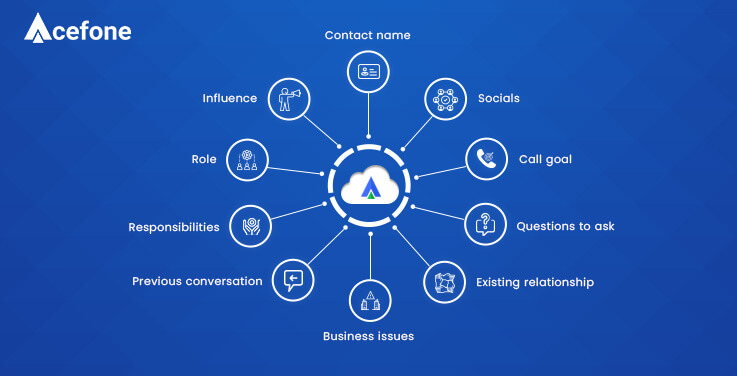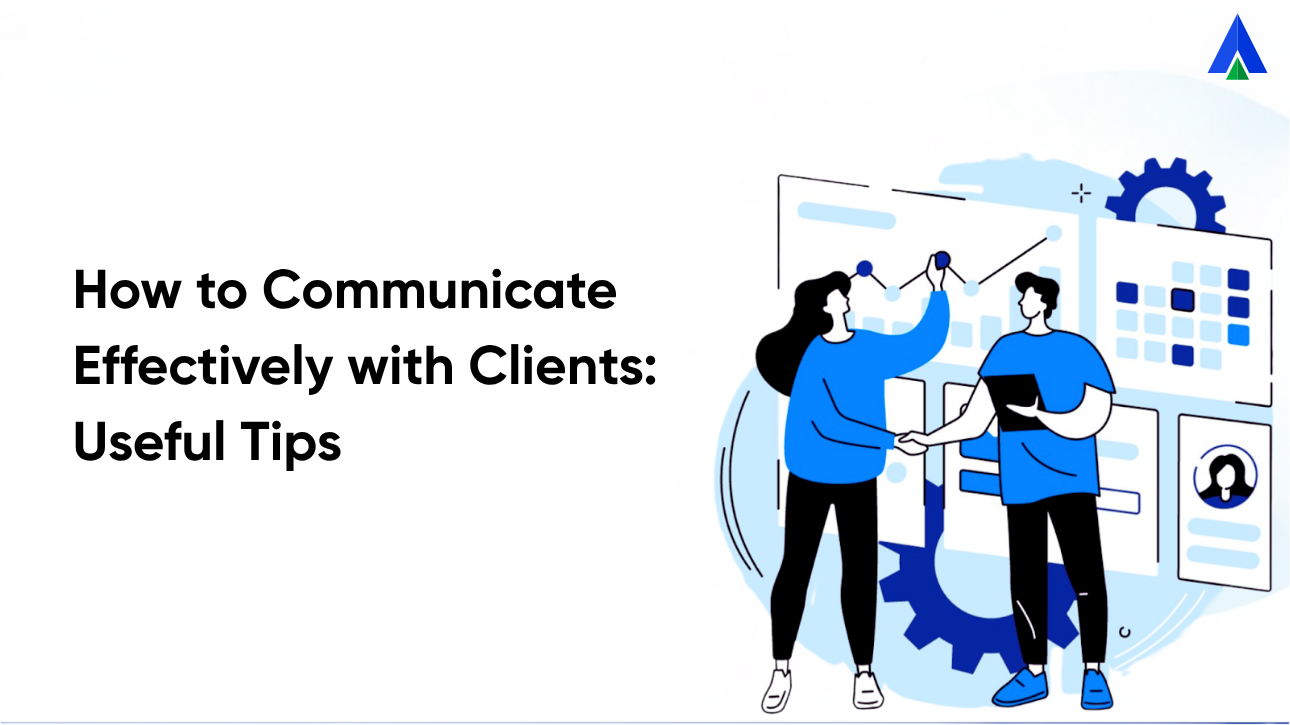A sales call is arguably the most important call for any business. Converting a call into a quality lead is a skill that needs to be mastered by every successful sales agent. Whether it is cold calling or contacting new leads, starting a conversation nervously helps no one. Even a ‘wing it’ attitude won’t always help them.
One has to consider the fact that an agent’s body language and facial expressions, no matter how convincing they are, contribute nothing in an audio call. The only way to succeed in an audio call is (insert drum roll)… planning.
On average, only 1 in 18 calls will connect to an actual customer. To persuade a stranger to purchase something from you, your agent will have to connect with them psychologically over an auditory medium. And to help you execute this call perfectly, you will have to take the help of pre-call planning templates.
So, what is a pre-call planning?
Let’s take a step back in our lives and imagine we are in school again. You have just been told that you have a test tomorrow. What do you do?
Unless you’re Sheldon Cooper––a genius who knows and remembers everything, you’ll go home and prepare for the exam.
This is exactly what pre-call planning is. It is the research that you do before making a sales call.
In other words, pre-call planning is the blueprint of an ideal sales call. It is the foundation of your sales strategy and will help you reach your eventual goal—a sale!
Steps before making a pre-call planning template
Creating a template for your sales team to follow is probably the best way to execute pre-call planning. But how do you create a pre-call template?
Just like preparing for a test, there are certain steps you should follow before creating your own pre-call planning template.
-
Research

This one seems obvious, yet it’s the most important step. Whether you are calling an individual or a business, it is always a good idea to dive deep and gather as much information as possible.
Try to read up on your customers’ history or their clients’ background. Some of the questions that you can ask in your research are:
- If they are a company, try to find out if they are doing good, or failing to meet their goals
- Are they already using similar software?
- Any issues they may be facing and how your product can help them
The purpose here is to develop an understanding of the kind of customer you’re dealing with. Doing due diligence on their business also helps you come up with an excellent conversation starter, allowing you to build a positive rapport with them. Moreover, with detailed information on their issues, you can guide your clients to your products that can serve their purposes.
-
Know your customer
I hope you can agree that a conversation with an executive and one with the CEO of an organisation are not the same. Hence, you should always know who your point of contact is. Try to gain as much information as you can about their role in the company and their decision-making capabilities.
Platforms like LinkedIn are a great way to do this. You can find out how long they have been a part of the company, their major contributions, and achievements, and so forth. You can even see if they have given any interviews or written any blogs to gather information.
There is a lot of data that such platforms offer. You can determine a person’s personalities, likes and dislikes, level of expertise, and many other things.
Such valuable information will help your sales team have elevated interactions. They can gauge the technical knowledge of a person and demonstrate the product accordingly. You can even decide the tone you will use to talk to them. Most importantly, you can decide on the points you need to stress on.
-
Establish the goal
It is crucial to establish beforehand what you want out of the call. Remember, not every call you make will convert into a sale. This shouldn’t weigh you down. You can expect various results from your conversations based on where the customer is in the sales cycle.
It is always important to speak to the right person. Rushing into making a sale to the wrong point of contact will not only hamper the conversation but might also affect your chances of reaching out to the same company in the future. In the worst-case scenario, the reputation of your company can take a hit too.
Additionally, one must know about the nature of the call. Maybe, the lead only needs some information on your product at this stage. Or you might have made the call to know more about your point of contact. It can also be a call to simply make an appointment with a person with more authority.
Thus, establishing a goal before making a call is vital––it will guide your entire conversation.
-
Prepare some questions
Should you prepare a script? The answer— a big NO!
Reading from a script makes you sound robotic and monotonous. No two people you converse with are the same. To ensure a natural flow of conversation, you cannot stick to the same script with both of them.
So, what do we suggest? For a sales call, you should prepare some thoughtful questions beforehand. Let these be open-ended questions with the possibility of follow-ups.
Also, during your research, noting down the issues faced by customers can help you assist them much faster. This not only presents you as being professional yet empathetic but also shows you as an employee well-versed with the product or service.
For example, let’s assume you once spoke to an executive of a company and they mentioned a problem they were facing. Whenever you speak to them next, you may bring up the issue with, “During our previous conversation, you mentioned (the problem). I hope the issue has been resolved.”
This way your customer will know that you paid attention during the previous call and care about their satisfaction and needs, and will be much likelier to do business with you again.
What should your pre-call planning template look like?
After covering all the points we’ve just discussed, you can draft a pre-call template for your sales team. Given below are a few points that every template should include. You can include or modify it to suit your requirements.

- Contact name: Your point of contact—either for the initial call and or for a follow-up call with someone higher up the ladder
- Role: Their role in the company and the duration of their tenure
- Influence: The level of their impact on the deal (depends on their decision-making capabilities)
- Previous conversation: Keep a track of all your previous engagements with the company
- Socials: Try to get information about the company and the Point of Contact from different social media platforms—LinkedIn, Facebook, etc
- Existing relationship: Has the client interacted with your brand before? Do they have a positive or negative image of your organisation?
- Responsibilities: Try to gather information about the contact’s responsibilities in the company
- Business issues: Make note of the challenges the business might be facing
- Call goal: Pin down the goal of the interaction—is it to exchange information or to close a deal?
- Questions to ask: Make a list of all the questions that you want to ask during the call
To sum it up
Try to follow this three-pronged approach: Be brief. Be brilliant. Be gone.
- Be brief in your conversation: Don’t try to drag it for hours. No one wants to listen to a sales pitch for hours on end
- Be brilliant in your interaction: Make your point, ask the right questions, and show the value of your product to them. Don’t deviate from the topic and stick to the agenda.
- Be gone when you have put your points and heard theirs. Again, there is no point in stretching a conversation longer than it needs to be.
It is true that pre-call planning might take some time owing to the tedious task of collecting information. But it is worth the time you invest. Having the right information about your clients, their company, and their challenges will surely give you an edge during your sales call.
Thus, it is better to cover all your bases before you pick up the phone and make your next sales call. Be prepared in the best way you can, and ace every interaction. If you are looking to enhance your customer interactions further with a cloud-based solution, you can reach out to us at Acefone and explore the variety of services we offer. Our experts are always ready to answer all your questions. Call us at 1888-859-0450 or send an email to [email protected] too.














